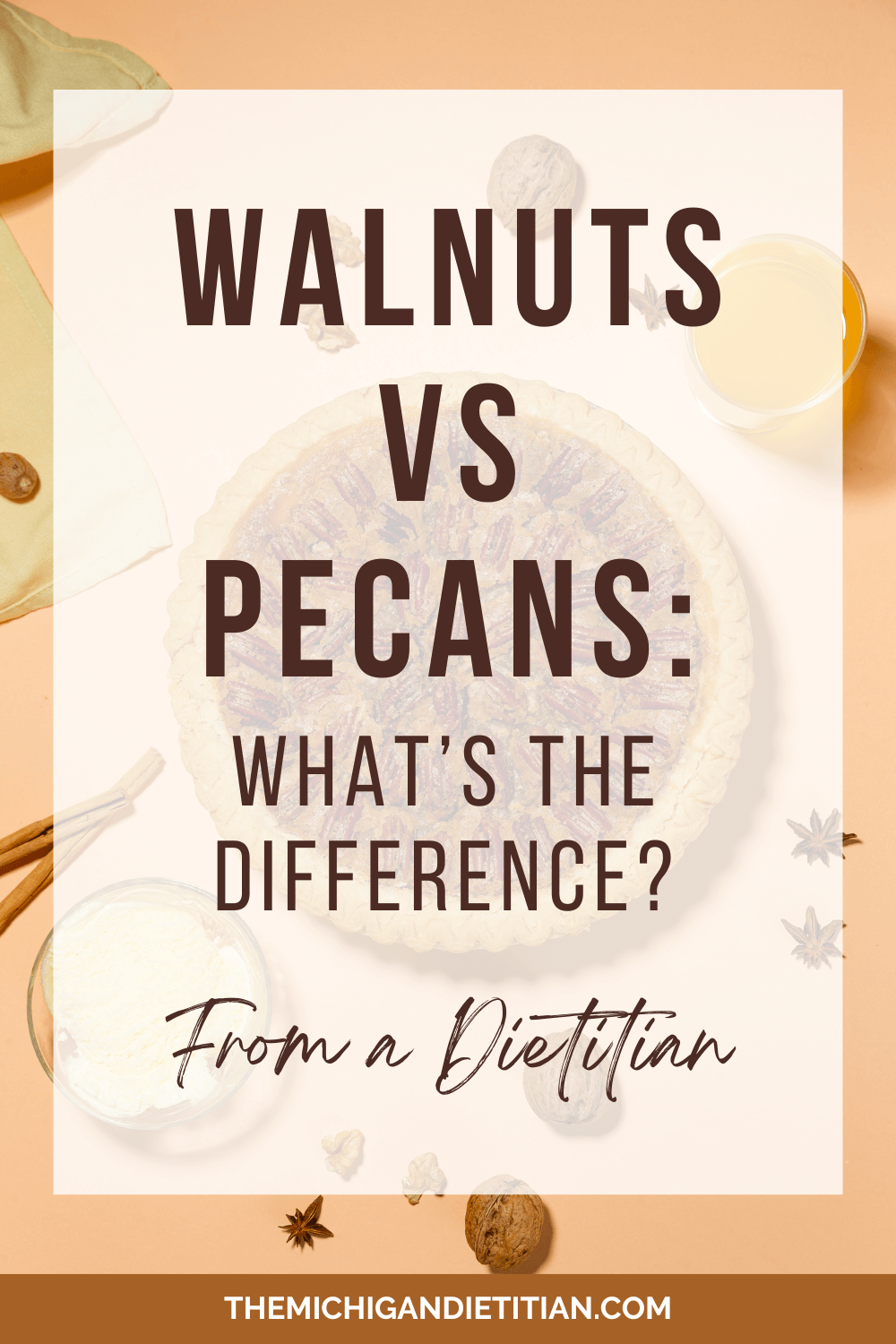A thin body is praised while a larger body is shameful in today’s society. That is why dieting has become normalized. But, do diets actually work?
Defining Diet
When you hear the word diet you probably think of: restriction, deprivation, and hunger. In most pop-culture cases this is true. But, diet has another meaning. Diet is simply what you eat. For example if someone asks you what you eat in a day that would be considered your typical diet.
So yes, diet can be associated with weight loss but it can also describe what you typically consume!

So, Do Diets Actually Work?
A calorie or macronutrient restricted diet can lead to weight loss. But it is short-lived and often times not a balanced and healthy way of eating.
Do diets actually work? Yes. But only in the short-term and with continued work.
So, diets do not actually work. Your weight loss is likely water weight that will soon be regained and the restrictions the diet placed on you have to be continued indefinitely for the weight to not be regained!
It’s estimated that 80% of people that lose weight will regain it and even gain even more than they originally were due to the cycle of dieting they’re stuck in.

The Diet Cycle
The diet cycle is one that is inevitable when restricting.
Starting at the top are the different factors that lead to the desire to lose weight. This can come from societal standards, peer pressure, social media, and really it can come from anywhere.
From there you begin a diet. This can be something you’re BFF told you about, the one that the celebrities are using, or something you found on Pinterest. No matter what diet you select, it’s a dead end street.
The diet limited the foods you can have. Let’s pretend it made you cut out all the chocolate from your life (a true tragedy). But, because you can’t have your favorite chocolate you’ll becon to crave it…HARD.
So of course, you have some. Then some more. Then more than you even wanted because you know you won’t be able to have it again soon!
Next up: regain the weight.
Guess what, you’re back at your starting weight but now you’re more frustrated.
Want to take a whack at what happens next?

This is the diet cycle that many are trapped in.
Fad Diets
Fad diets are ones that have a period of popularity then tend to die down over time. Think of the low-fat diet, low-carb diet, keto, and Atkins to just name a few.
They usually will limit the amount of calories you can have or limit a certain macronutrient(carb, fat, protein).
A low-fat diet and low-carb diet are self-explanatory. The keto diet emphasizes fat with a moderate amount of protein, and a low amount of carbs. The Atkins diet was the area of low-carb but does not stress fat as much as the keto diet does.
Before we go any further, know that any person or plan that restricts you in such a way is not healthy and no sustainable for the rest of your life.

The Issue with Weight
Weight is a social norm that changes with the trends. At one point having curves and large breasts like Marilyn Monroe was the ideal body shape. After that long and thin legs was a standard in the 60’s. Today’s ideal body is slender with a high waist.
You can’t even make some of these changes naturally!
With media emphasizing a smaller size depicting what is beautiful it is affecting everyone that doesn’t naturally fit that mold.
The best way to feel good about yourself is to start by being more self-accepting. This means being grateful for your body and all that you can do.
Annoyed with thick thighs? They’re strong.
Sick of a belly? I’m glad you have a stomach, it’s a vital organ!
Before making any weight changes have a deep conversation with yourself to discover your true intentions for these changes.

Set Point Theory
The Set Point Theory suggests that your body weight is relatively predetermined by an internal feedback control mechanism.1 Basically, you are made to be around a certain weight.
You know those people that can eat a mega-amount of food all the time yet not gain weight? Their set point is likely low.
This doesn’t mean changing your weight is hopeless.
You can be more mindful and put more thought into what you are doing and eating to make impactful changes.
Non-Diet Dietitian
If you want to lose weight but you want to avoid the diet cycle, work with a non-diet Dietitian. Not all Dietitians will label themselves this way but if you ask to work with them in this style they will surely accommodate.
A Non-Diet Dietitian will work with you to reach your goals through other avenues beyond your classic diet.
You can expect to work on your perception of food and your body rather than trying to minimize its physical size.

Ways to Measure Health Changes
Health is not just measured by the number on the scale. If you have a goal of losing weight but want less of an emphasis on dieting you can measure your progressing by:
- Changes in the way your clothing fits
- Listening to your hunger cues
- Understanding nutrition basics and how to build a balanced meal
- Allow yourself to enjoy your favorite foods without the ‘guilt’.
- A beneficial change in lab values
Many times you are told to to lose weight to help you cholesterol levels. This can be a great motivator to make some lifestyle changes. You are able to see an actual drop in your lab values.
Bonus– you are losing weight and reducing your risks for diseases at the same time!

Ways to Lose Weight without Dieting
If you’re on board with never dieting again, THANK GOODNESS!
If you still feel you could lose a few pounds to be in a healthier body then it is completely fine to want to lose weight. You just want to have the right intentions and to go about it in a mindful way.
You could start by including mindful movement in your day. This could be a nice morning walk, a mid-day yoga flow, or a fun workout class you’ve been wanting to try.
Another way to lose weight without going on a diet is by making small swaps in your daily intake that you still enjoy. Making a change that you dislike isn’t sustainable nor is it going to make for a positive mindset towards your goal!

Want to Work With A Dietitian?
If you have reached a point where you need some support and accountability, let’s work together!
We can schedule a short 10-15 minute phone call to see if we would mesh together well. This connection is for both of us. I need to understand your goals and where you are in your journey and you can learn a bit more about me and decide if you want to continue on with 1:1 sessions!
- Harris, R., 1990. Role of set-point theory in regulation of body weight. [online] Available at: <https://pubmed.ncbi.nlm.nih.gov/2253845/> [Accessed 28 March 2022].
Have a question? Leave a comment down below or send me a DM on Instagram!





Your mama says
How about a non diet dietitian?